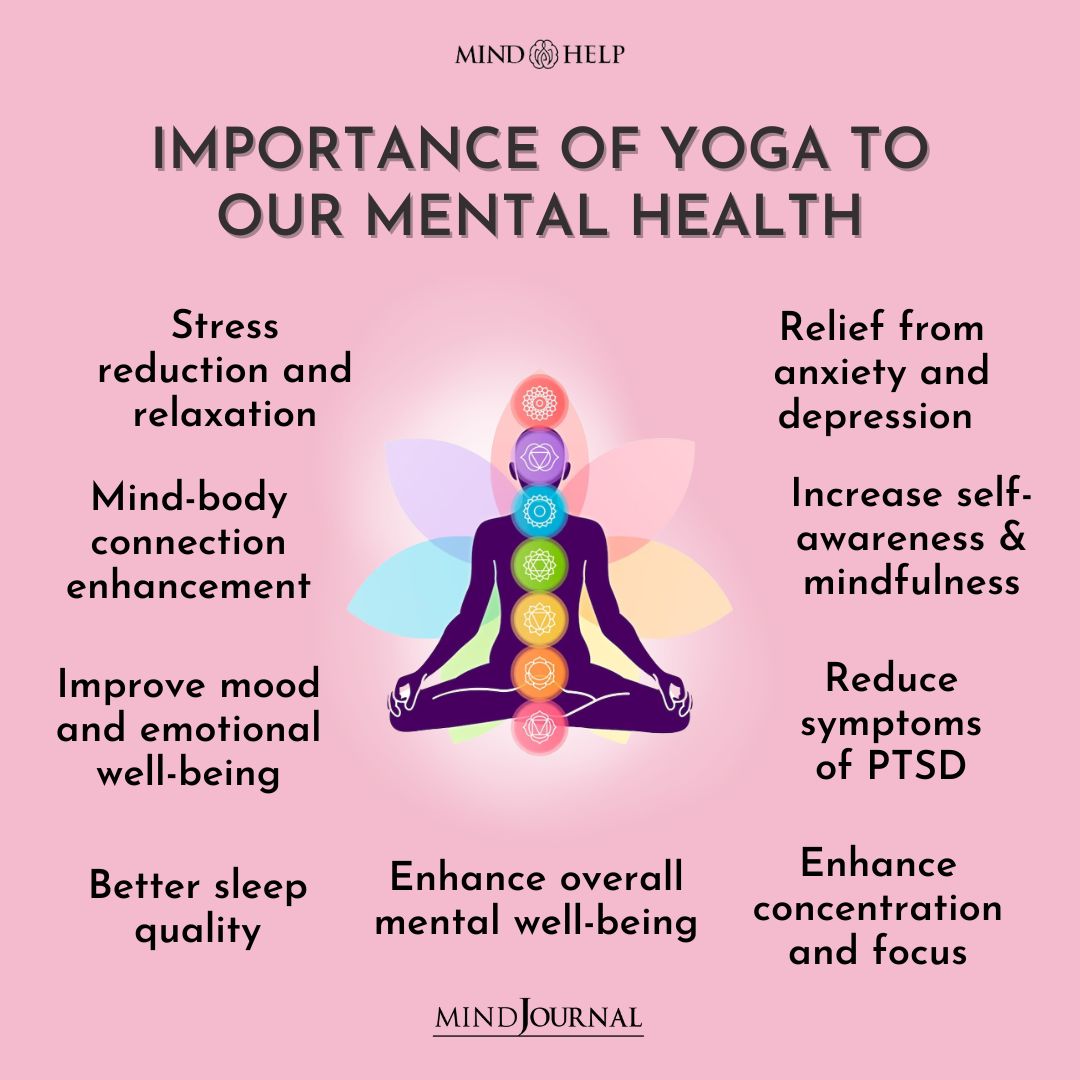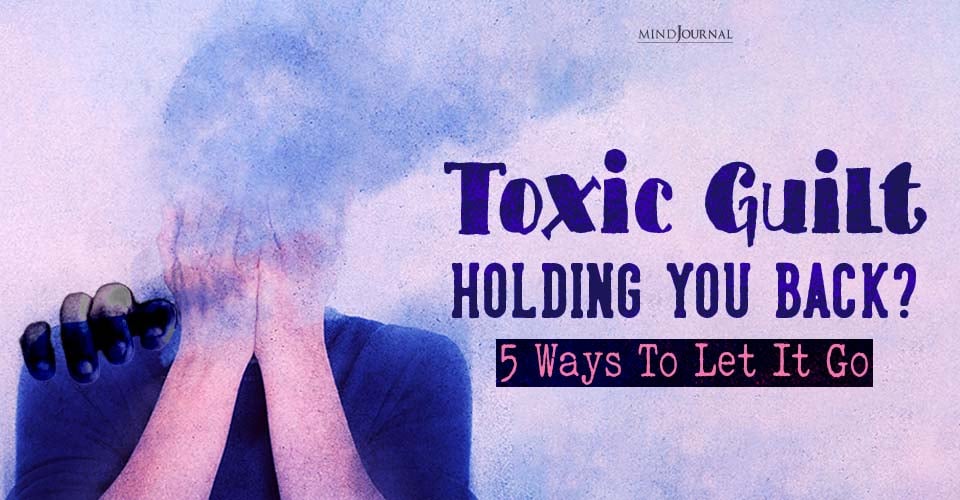With the amount of stress and anxiety we have to deal with on a daily basis, most of us are aware about the importance of mental health. But do you know what is good mental health? Let’s find out what it truly means and explore the benefits of good mental health.
Good mental health is not just the absence of mental illness; it is a state of balance and inner harmony that allows us to live our lives to the fullest.
Today, we will take a closer look at what good mental health entails, the signs of good mental health that you should watch out for, the numerous benefits it brings, and some practical tips on how to have good mental health.
So, let’s dive in and discover the transformative power of positive mindset and good mental health!
What is Good Mental Health?
Good mental health is a state of emotional and psychological well-being that allows us to navigate life’s challenges with resilience, adaptability, and a sense of purpose. It helps an individual cope with the normal stresses of life, work productively, and contribute to their community.

So what is good mental health? Good mental health involves having positive self-esteem, healthy relationships, and the ability to adapt to change. It is about finding a balance between our thoughts, emotions, and behaviors, and developing healthy coping mechanisms to deal with stress, anxiety, and everyday pressures.
When our mental health is optimal, we experience a sense of contentment, inner peace, and the ability to form meaningful connections with ourselves and others.
For instance, someone with good mental health may experience occasional stress from work or personal challenges but can effectively manage these situations without them significantly impacting their overall well-being.
They may engage in self-care practices, seek support when needed, and maintain a balanced lifestyle to promote mental wellness.
Related: 18 Powerful Ways We Can Reduce the Mental Health Stigma
Signs of Good Mental Health You Must Know About
Recognizing the signs of good mental health is crucial for our overall well-being. Here are some indicators that suggest you are on the right track:
1. Emotional Resilience
Individuals with good mental health have the ability to bounce back from setbacks and adversity. They display emotional resilience and adaptability in the face of challenges, allowing them to maintain a positive outlook on life.
2. Self-Awareness
A key aspect of good mental health is self-awareness, the ability to recognize and understand our emotions, thoughts, and behaviors. Being in tune with ourselves enables us to make conscious choices and take actions that align with our values and goals.
3. Healthy Relationships
The benefits of good mental health enable us to build healthy and fulfilling relationships. When we are mentally well, we are better equipped to communicate effectively, empathize with others, and maintain meaningful connections. Strong relationships provide a support system and contribute to our overall happiness.
4. Balanced Emotions
Good mental health involves having a balanced emotional state. It means experiencing a range of emotions—both positive and negative—in a healthy and constructive manner. Being able to manage our emotions helps us regulate stress, anxiety, and anger more effectively.
5. Productive Lifestyle
People with good mental health often lead productive lives. They are motivated, focused, and able to set and achieve goals. Mental well-being enhances our productivity, creativity, and ability to concentrate, ultimately leading to personal and professional success.
Related: What Is Lofi Music? 5 Reasons Why It Is Good For Your Mental Health

Benefits of Good Mental Health
The benefits of good mental health are far-reaching and can positively impact every aspect of our lives. Let’s explore some of the remarkable advantages it brings:
1. Improved Physical Health
Good mental health is closely intertwined with physical well-being. Studies have shown that individuals with good mental health are more likely to engage in healthy behaviors such as regular exercise, balanced nutrition, and sufficient sleep.
This, in turn, reduces the risk of chronic illnesses, boosts the immune system, and promotes overall longevity.
2. Enhanced Emotional Well-being
Good mental health provides a solid foundation for emotional well-being. It allows us to experience positive emotions such as joy, love, and gratitude more frequently while effectively managing negative emotions like sadness or anxiety.
This emotional balance contributes to a greater overall sense of happiness and contentment in life.
3. Increased Resilience
Cultivating good mental health equips us with the tools to effectively cope with life’s challenges. It enhances our resilience, enabling us to navigate stress, trauma, and adversity with greater ease.
Resilience empowers us to learn from setbacks, adapt to change, and emerge stronger from difficult situations.
4. Better Cognitive Functioning
Our mental health significantly influences our cognitive abilities. Good mental health enhances memory, concentration, and problem-solving skills. It allows us to think more clearly, make sound decisions, and improve our overall cognitive functioning. This is one of the most prominent benefits of good mental health.
5. Fulfilling Relationships
Good mental health lays the foundation for healthy and satisfying relationships. When we prioritize our mental well-being, we can build stronger connections, communicate effectively, and foster empathy and understanding. This leads to deeper and more fulfilling relationships with our loved ones.
6. Increased Productivity
A healthy mind leads to increased productivity in various aspects of life. When we are mentally well, we are more focused, motivated, and able to perform at our best. Good mental health enables us to achieve our goals, meet deadlines, and excel in our personal and professional pursuits.
7. Improved Quality of Life
One of the greatest benefits of good mental health is an improved overall quality of life. It allows us to experience greater happiness, satisfaction, and fulfillment. By nurturing our mental well-being, we can lead meaningful lives, pursue our passions, and find true contentment within ourselves.
Related: Connection Between Physical and Mental Health – 8 Proven Strategies for Total Life Transformation
How to Have Good Mental Health
Now that we understand the importance and benefits of good mental health, let’s explore some practical steps you can take to cultivate and maintain a positive mindset:
1. Prioritize Self-Care
Self-care is essential for good mental health. Make self-care activities a priority in your daily life. This can include engaging in activities you enjoy, such as hobbies, exercise, reading, or spending time in nature.
Taking care of your physical health, getting enough sleep, and maintaining a balanced diet also contribute to your overall well-being.
2. Practice Mindfulness
Mindfulness involves being fully present in the current moment and non-judgmentally observing your thoughts, feelings, and sensations.
Engaging in mindfulness exercises, such as meditation, deep breathing, or mindful walking, can help reduce stress, improve focus, and enhance overall mental clarity. This is how to have good mental health.

3. Nurture Positive Relationships
Surround yourself with supportive and positive individuals who uplift and inspire you. Cultivate healthy relationships based on trust, respect, and open communication.
Share your thoughts and feelings with trusted friends or family members, and seek professional help when needed. Social connections are vital for good mental health.
4. Set Realistic Goals
Setting realistic and achievable goals is crucial for maintaining good mental health. Break down larger goals into smaller, manageable steps and celebrate your progress along the way.
This will boost your self-confidence and motivation, leading to a greater sense of accomplishment and satisfaction.
5. Develop Healthy Coping Mechanisms
Life is full of challenges, and having effective coping mechanisms is essential. Identify healthy ways to manage stress, such as engaging in physical activity, practicing relaxation techniques, or expressing yourself through creative outlets like writing or painting.
Avoid unhealthy coping strategies like substance abuse or excessive screen time, as they can negatively impact your mental well-being.
6. Seek Support
Don’t hesitate to reach out for support when needed. Talk to a trusted friend, family member, or mental health professional about your feelings and concerns. Seeking help is a sign of strength, and professionals can provide guidance, support, and resources to help you navigate difficult times.
7. Practice Gratitude
Cultivating gratitude can significantly improve your mental health. Take a few moments each day to reflect on the things you are grateful for. This simple practice can shift your focus to the positive aspects of your life, increase feelings of contentment, and promote overall well-being.
8. Limit Stressors
Identify and manage sources of stress in your life. This may involve setting boundaries, prioritizing tasks, and learning to say no when necessary. Practice effective time management and delegate tasks when possible. Creating a balanced and manageable lifestyle will contribute to your mental well-being.
9. Embrace Self-Compassion
Be kind and compassionate toward yourself. Treat yourself with the same care and understanding you would offer to a loved one. Practice self-acceptance, forgive yourself for mistakes, and recognize that nobody is perfect.
Embracing self-compassion allows you to foster a positive relationship with yourself and promotes good mental health.
Related: 10 Ways To Enhance Your Mental Health

Takeaway
Good mental health is a precious gift that allows us to lead fulfilling and meaningful lives. By understanding what is good mental health, recognizing the signs of good mental health, and embracing the numerous benefits of good mental health, we can take proactive steps to learn how to have good mental health and nurture our well-being.
Remember, it’s not a destination but an ongoing journey. Prioritize self-care, seek support when needed, and practice healthy coping mechanisms.
By investing in your mental health, you unlock the door to a happier, more resilient, and fulfilling life. So, start today and embark on the path to good mental health – the benefits are truly life-changing!
Frequently Asked Questions (FAQs):
How to get a good mental health?
Maintain a healthy lifestyle, seek support when needed, practice self-care, and cultivate positive relationships and coping strategies.
What is a positive mental health?
It involves feeling good about oneself, managing stress effectively, and having a sense of purpose and fulfillment in life.
What is good mental health and why is it important?
It is crucial for overall well-being, productivity, and quality of life, allowing individuals to cope with challenges and thrive.










Leave a Reply